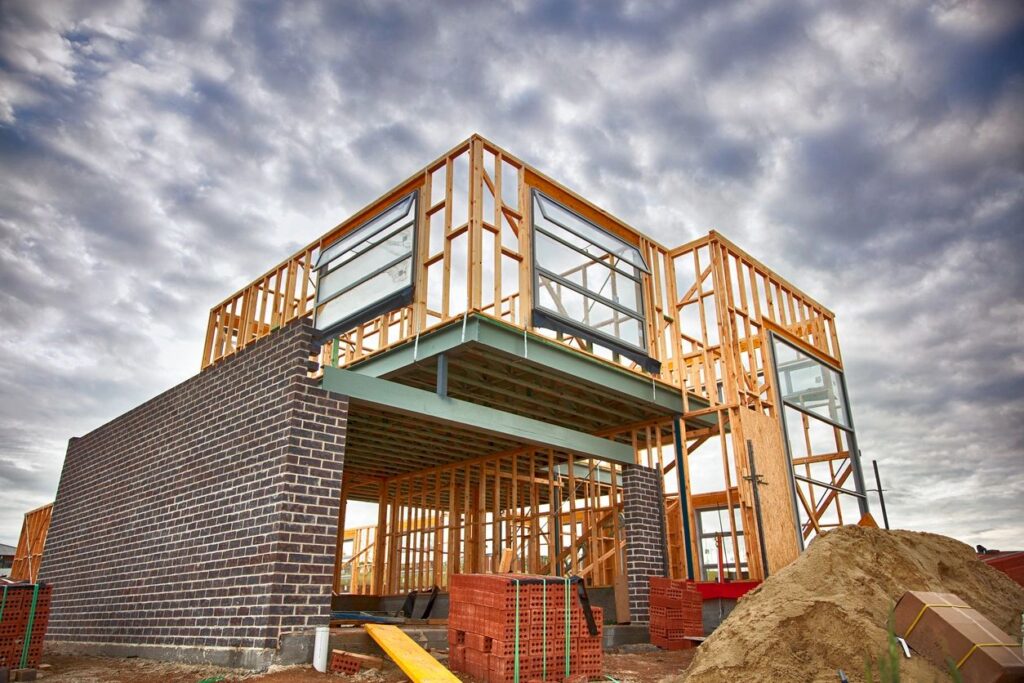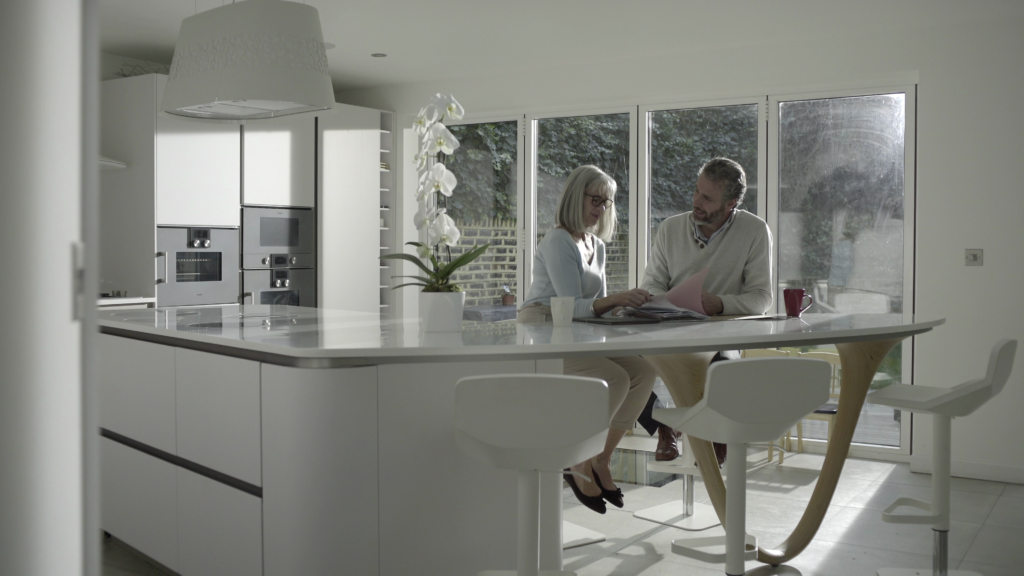
Investing in a new construction home offers numerous advantages beyond the allure of a brand-new property. Let’s explore some of the benefits that make new construction homes attractive for homebuyers.
One of the primary benefits of investing in a new construction home is the opportunity to customize and personalize the property to suit your preferences and lifestyle. From floor plans and finishes to fixtures and features, new construction homes offer flexibility and choice, allowing you to create a space that reflects your unique tastes and needs.
Furthermore, new construction homes are often built with the latest design trends, technology, and building materials, ensuring modernity, efficiency, and durability. Energy-efficient appliances, smart home automation systems, and eco-friendly construction practices are standard features of new construction homes, providing homeowners comfort, convenience, and cost savings.
Another advantage of investing in a new construction home is the peace of mind that comes with knowing the property is built according to current building codes and standards. New construction homes typically undergo rigorous inspections and quality control measures throughout construction, reducing the likelihood of defects or maintenance issues compared to older homes.
Moreover, new construction homes often come with warranties and guarantees from the builder. These provide more than just peace of mind-they offer financial security. These warranties may cover structural components, mechanical systems, and appliances, ensuring your investment is protected for years to come.
One of the most appealing aspects of new construction homes is their move-in readiness. This means you can avoid the stress and expense of renovations or repairs. With everything in perfect condition, you can simply unpack and start enjoying your new home from day one.
In conclusion, investing in a new construction home offers numerous benefits, including customization, modernity, durability, peace of mind, and move-in readiness. By understanding the advantages of new construction homes and working with reputable builders, homebuyers can confidently embark on their homeownership journey and enjoy the benefits of their new home for years to come.

